

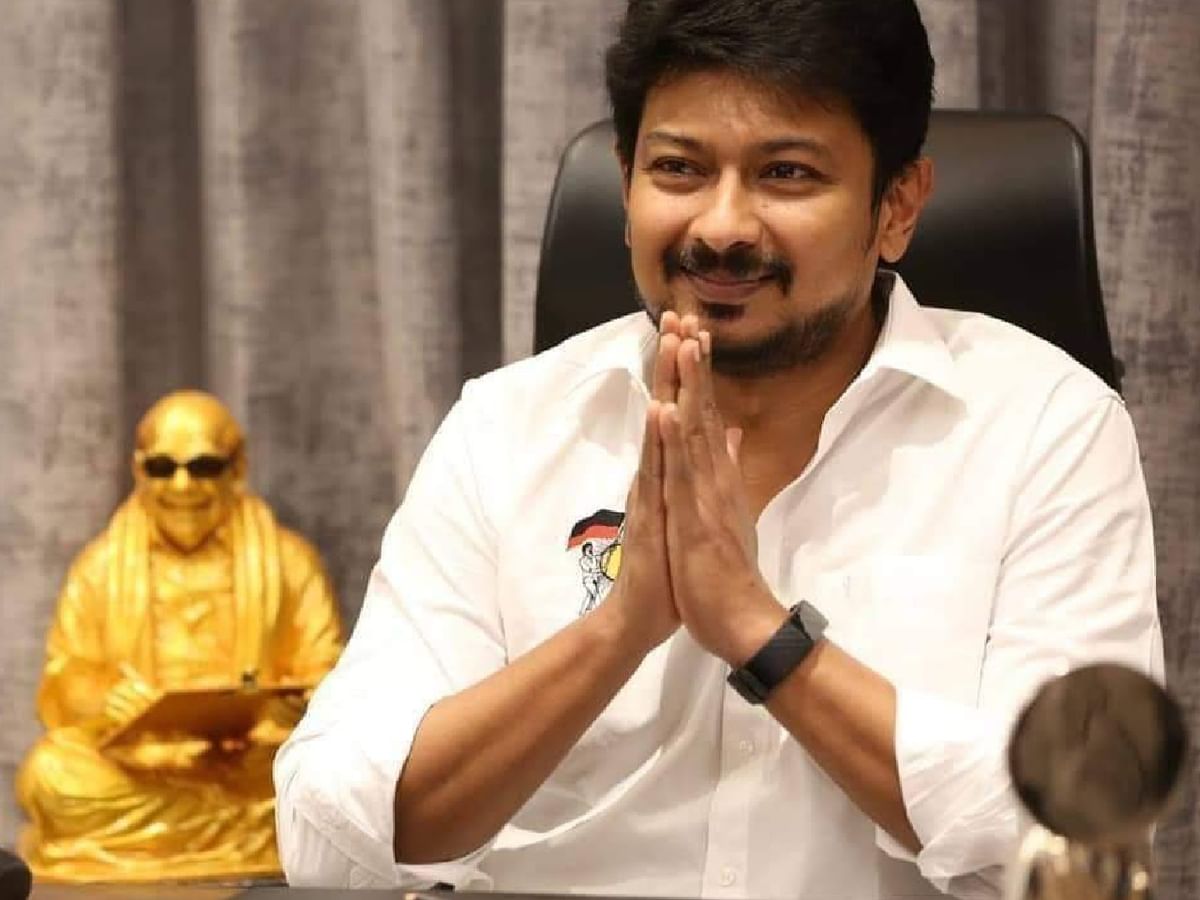
Udhayanidhi Stalin, the third generation leader of the influential M Karunanidhi family, was recently elevated to the position of Deputy Chief Minister of Tamil Nadu. As he made his way through the DMK's diamond jubilee meeting, the top leaders of the party and its alliance parties stood up in reverence, signaling their support for his swift ascent to power. However, one leader, who was sitting while everyone else was standing, seemed to only offer a half-hearted acknowledgment of Udhayanidhi's growing influence. His rise to power, despite the political experience and seniority of others, reveals the enduring power of familial dynasties in Indian politics.
Udhayanidhi Stalin: The Rise of a Political Dynasty in Tamil Nadu
Udhayanidhi Stalin, son of former Tamil Nadu Chief Minister M.K. Stalin and grandson of late Chief Minister M. Karunanidhi, has rapidly ascended the political ranks, recently being appointed Deputy Chief Minister of the state. While his elevation has been met with support from within the ruling DMK party, it has also raised questions about the role of political dynasties in Indian politics.
Background:
The Karunanidhi family has dominated Tamil Nadu politics for decades. M. Karunanidhi, the patriarch of the family, served as Chief Minister five times and led the DMK for over 50 years. His son, M.K. Stalin, succeeded him as Chief Minister in 2021.
Udhayanidhi, a film producer and actor, entered politics in 2017. He quickly rose through the ranks, becoming an MLA (Member of Legislative Assembly) in 2019 and winning re-election in 2021. His appointment as Deputy Chief Minister has made him one of the most powerful politicians in the state.
Significance:
Udhayanidhi's appointment is significant for several reasons. First, it underscores the enduring power of political dynasties in India. Despite the efforts to promote meritocracy, familial connections still play a major role in determining political success.
Second, it reflects the DMK's strategy of promoting young leaders from within the Karunanidhi family to secure its long-term political future. Udhayanidhi's appointment is seen as a move to consolidate the family's hold on the party and the state.
Criticism:
Udhayanidhi's elevation has also faced criticism. Some argue that he lacks the political experience and qualifications to hold such a high office. Others question the fairness of dynastic politics, which they believe limits opportunities for non-politically connected individuals.
Top 5 FAQs:
1. Who is Udhayanidhi Stalin? A: He is the son of former Tamil Nadu Chief Minister M.K. Stalin and grandson of late Chief Minister M. Karunanidhi.
2. What position does he hold? A: Deputy Chief Minister of Tamil Nadu.
3. How did he rise to power? A: Through a combination of familial connections and his own political activity.
4. Why is his appointment controversial? A: It underscores the role of political dynasties in Indian politics and raises questions about his experience and qualifications.
5. What are the implications of his rise for Tamil Nadu politics? A: It could strengthen the Karunanidhi family's control over the state and perpetuate dynastic rule.
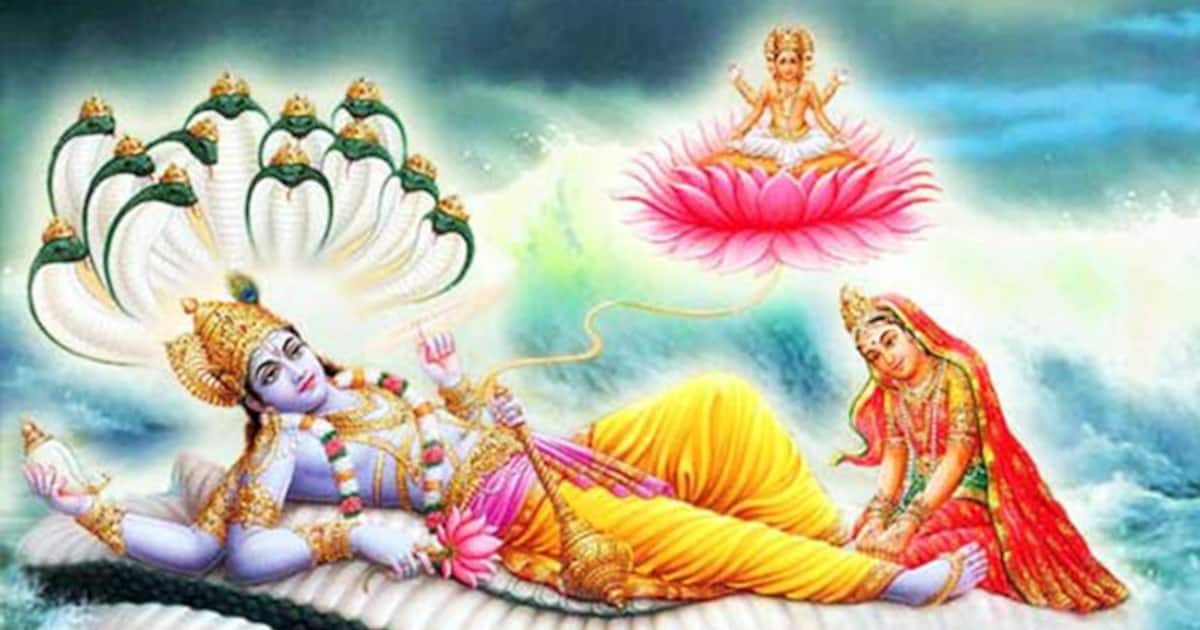
Vaikuntha Ekadashi is a significant day for Hindus, particularly in South India. It is a time to fast and pray to Lord Vishnu for forgiveness and a chance to go to heaven. This year, it falls on January 10, 2025, and devotees celebrate by lighting lamps, chanting mantras, and visiting temples for blessings. The holiday is rooted in the belief that observing it dedicatedly can bring good fortune and a peaceful afterlife.
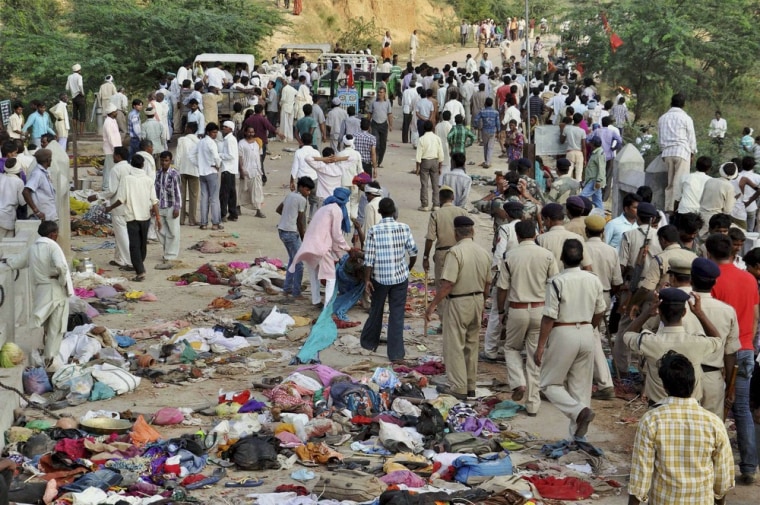
In the aftermath of a tragic stampede at the Sri Venkateswara Swami Temple in Tirumala, Andhra Pradesh Chief Minister Chandrababu Naidu has taken swift action by suspending officials and ordering a judicial probe into the incident. Criticizing the lack of responsibility and failure to assess the situation, Naidu's political opponents are also utilizing the incident to attack his government. Amidst the controversy, the temple's reputation for managing large crowds has taken a hit and measures are being suggested to prevent such incidents in the future.
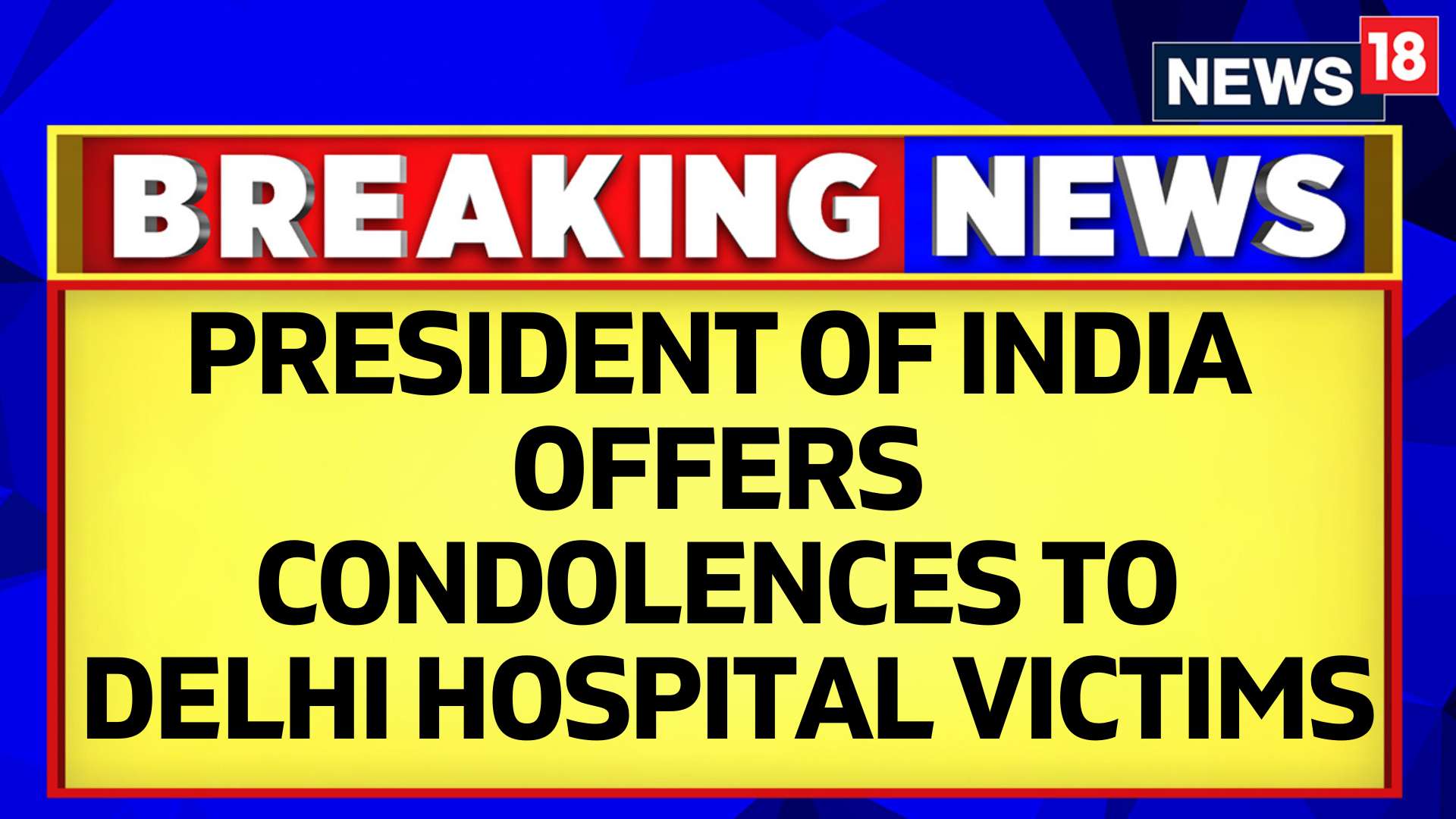
President Droupadi Murmu expressed her distress and offered heartfelt condolences to the families of devotees who lost their lives in a stampede at Tirupati on Thursday. She also prayed for the speedy recovery of the injured and urged for better crowd management at religious places. The stampede occurred on Wednesday night as devotees were jostling for tickets at the Lord Venkateswara Swamy temple on Tirumala Hills for the Vaikunta Dwara Darshanam.

Greenland, the world's largest island, has been in the news for its melting glaciers and concerns about climate change. However, its strategic importance has also caught the attention of leaders like President Trump who recently expressed interest in purchasing the island. This is not a new idea, as previous presidents have also considered acquiring Greenland due to its location, potential energy resources, and role in the Arctic region. This article explores the history of this proposition and the current geopolitical considerations surrounding Greenland.
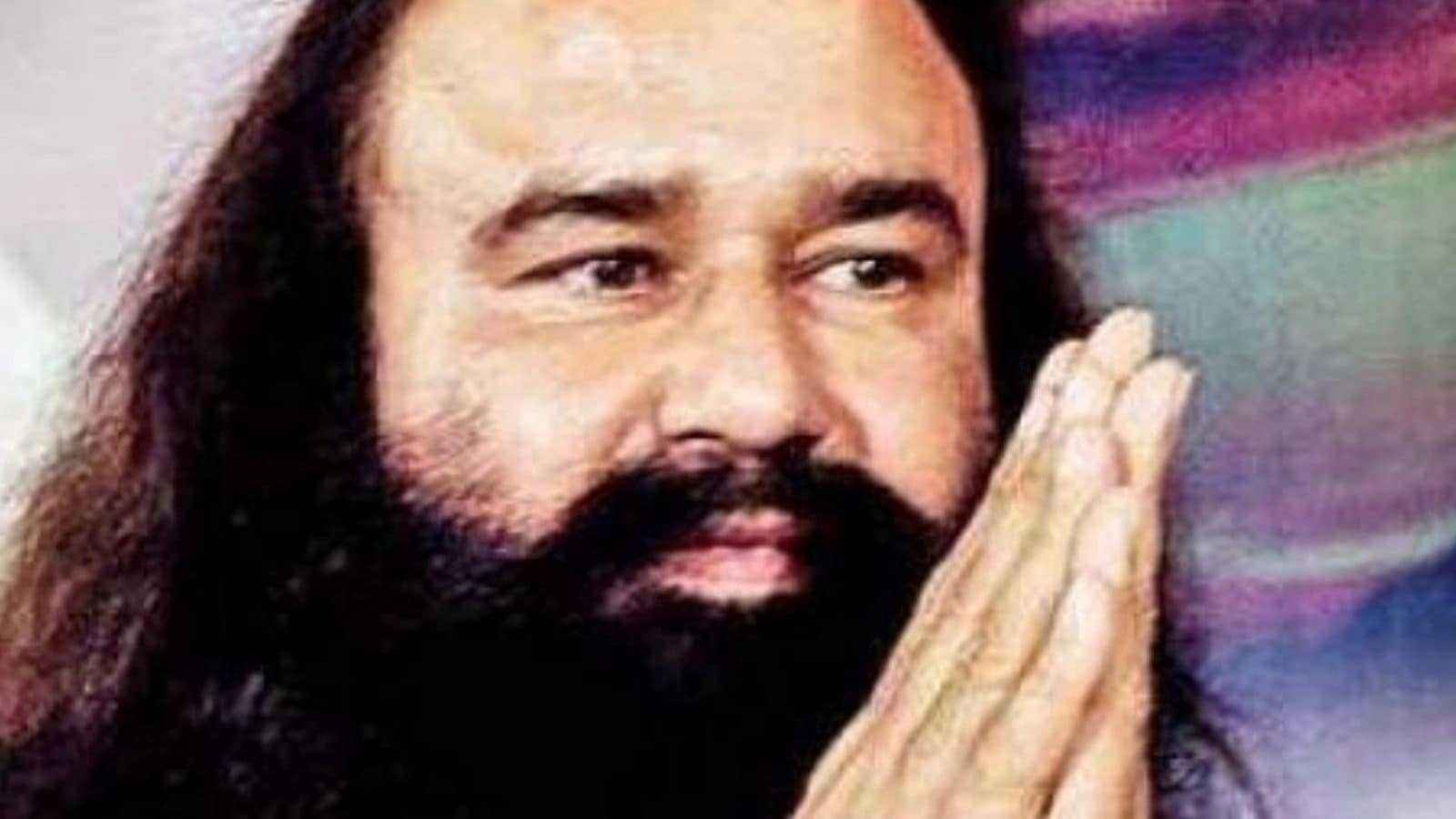
The Supreme Court has agreed to examine the Central Bureau of Investigation's appeal against the acquittal of Dera Sacha Sauda chief Gurmeet Ram Rahim Singh and four others in the murder case of former sect manager Ranjit Singh. The case, which has seen multiple twists and turns, has been referred to Justice Bela M. Trivedi's bench, which is already hearing a related petition filed by the victim's father. The CBI has argued that Ram Rahim orchestrated the murder after suspecting Singh of leaking an anonymous letter accusing him of sexual misconduct. The case has attracted widespread public attention due to Ram Rahim's involvement and frequent paroles from prison.
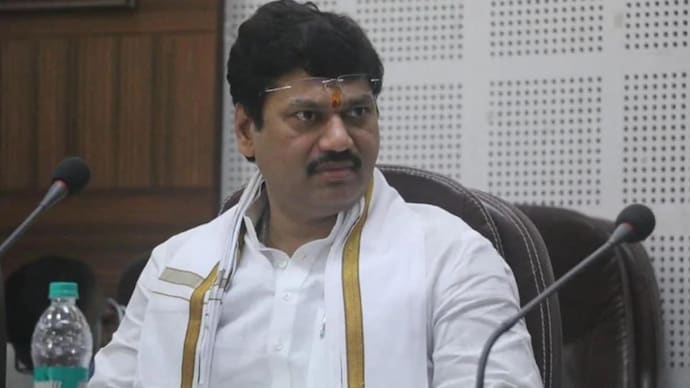
As Nationalist Congress Party (NCP) leader Supriya Sule voices the public demand for Minister Dhananjay Munde's resignation, a petition filed in the Bombay High Court by Dhananjay Deshmukh, brother of the murdered sarpanch, is withdrawn. The petition had alleged that Munde was linked to a criminal syndicate involved in the murder of his sibling in 2024. Sule cites a precedent in which a former Maharashtra CM resigned over a scam, calling for similar sensitivity towards this case.

The Election Commission of India has announced the schedule for the Delhi Assembly Elections 2025, with voting to take place on February 5 and counting of votes on February 8. The recent release of the final electoral roll shows a 1.09 per cent increase in the number of voters since the last draft. CEC Rajiv Kumar addressed concerns over EVMs and the election procedure, asserting the transparency and credibility of the Indian election process. The AAP, BJP and Congress are gearing up for a three-way battle, with the AAP currently in the lead after sweeping 2020 Delhi elections.
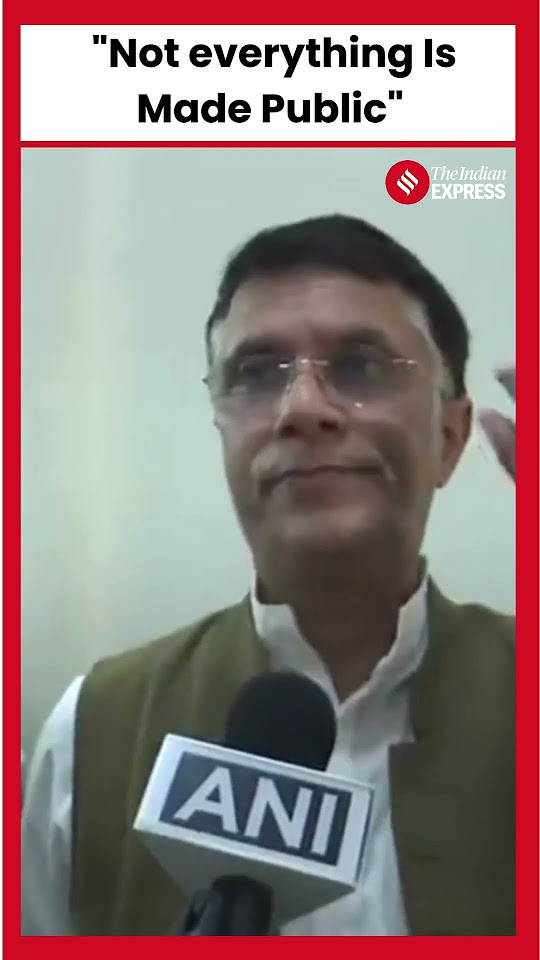
With the Delhi Assembly elections just around the corner, AICC Delhi in-charge Qazi Nizamuddin believes that the Congress party will successfully appeal to voters by focusing on key issues affecting citizens. He emphasized that the party only makes promises that have been fulfilled in Congress-ruled states and will prioritize cleaning the Yamuna, improving women's safety, reducing corruption, and addressing unemployment, all of which have been neglected by the current AAP government.
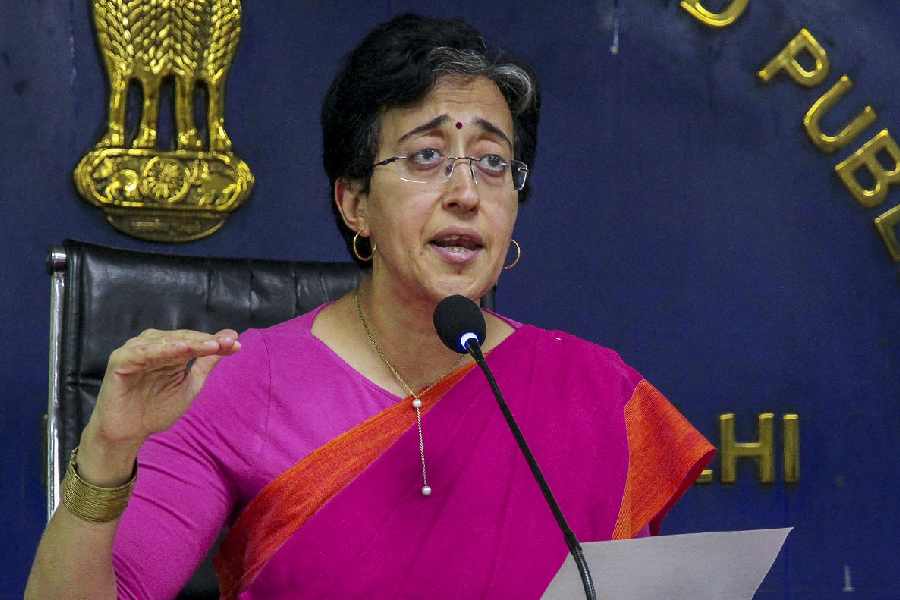
The BJP has refuted Delhi CM Atishi's accusation that her official residence was taken away by the Centre, stating that the allotment was withdrawn for her failure to take possession and ongoing CBI/ED investigation. The AAP leader, however, remains undeterred and vows to work for the people of Delhi even if it means operating from the streets. Delhi's 2025 election poll schedule has also been announced, with voting to take place on February 5 and results on February 8.
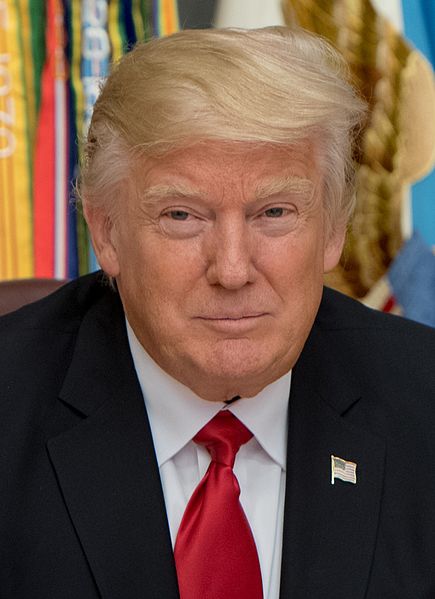
During a news conference in Mar-a-Lago, President-elect Donald Trump announced his plan to change the name of the Gulf of Mexico to the Gulf of America. Trump believes that the new name has a "beautiful ring" and is more appropriate, especially given the current state of relations between the US and Mexico. While this isn't the first time renaming the Gulf of Mexico to the Gulf of America has been proposed, Trump's announcement has caused controversy and garnered attention.